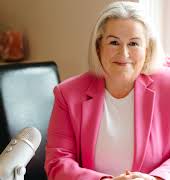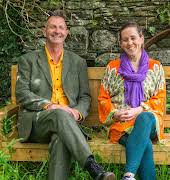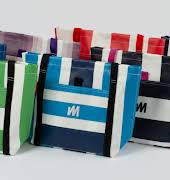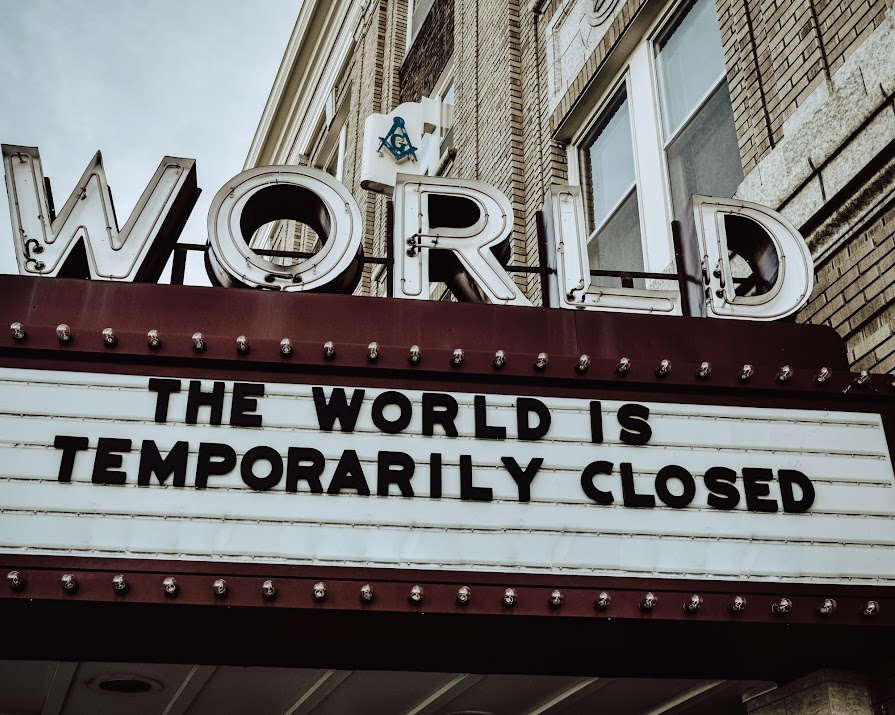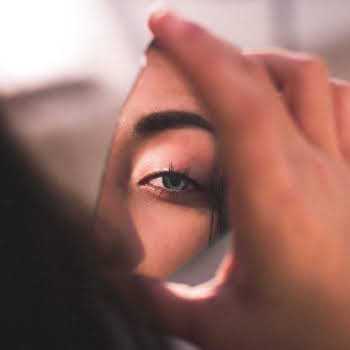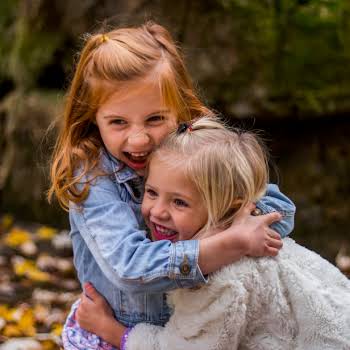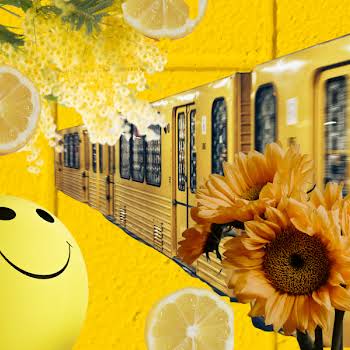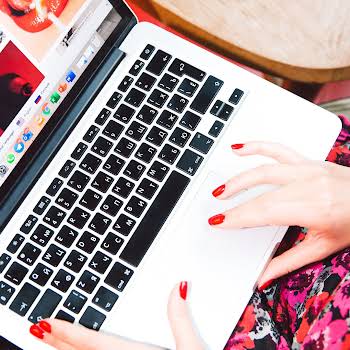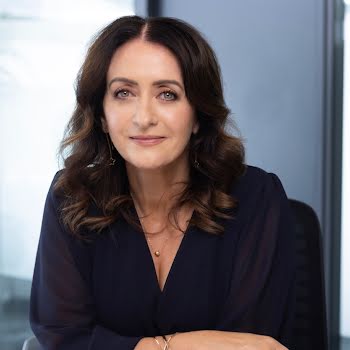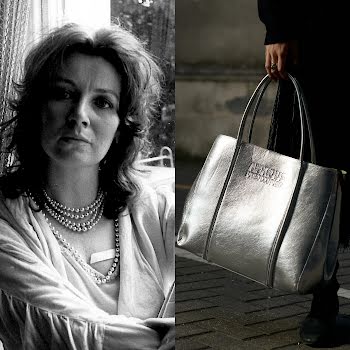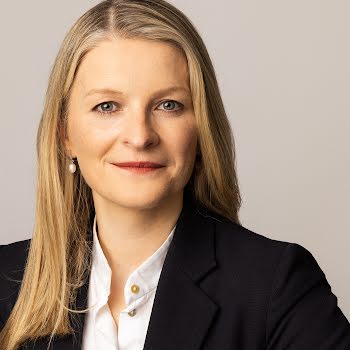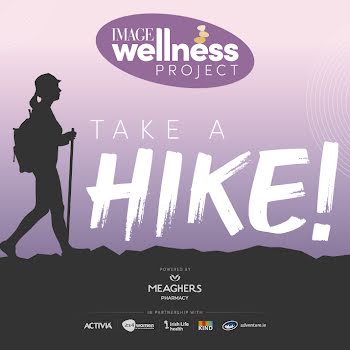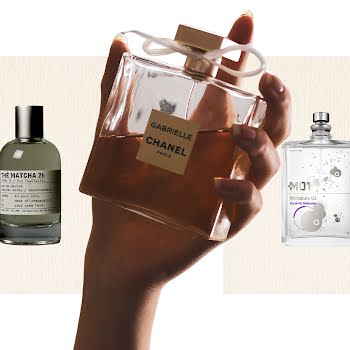
By Edaein OConnell
08th Oct 2020
08th Oct 2020
A rift seems to be growing, even between the more logical among us. Édaein O’ Connell considers the mental health of the nation
On Sunday night, I found myself crying in my bedroom.
Following the leak of NPHET’s recommendation for a Level 5 lockdown, months of stress from the past materialized in my body in the form of saltwater. In hindsight, the news itself was something I should have dealt with rationally, but it was the commentary afterward that I couldn’t comprehend.
This pandemic has caused heartbreak, changed lives, and shifted perspective, but it has also created a deep chasm between people. Unfortunately, Ireland didn’t escape the scourge of anti-mask rhetoric. We have a group of people ignoring the science, the medicine, and the Government – this in itself is frightening. However, take this group out of the equation, and a rift is growing, even between the more logical among us.
Following the NPHET news, Twitter flowed freely with opinions as always. Amid fear and anger, people began to fight. Every option was the wrong one. Each road would only barrel us towards more despair and disaster. We were all wrong, and no one was right. As a collective, we are a long way from the days of whipped coffee, togetherness and Tiger King.
At what point did it go sour?
At what point did we lose control?
And at what point were we no longer ‘in it together?’
Six month mark
At the start, the pandemic was easier to navigate. It was clear we had to endure a full lockdown. Nobody wanted the horrific consequences that would come with an overrun health system. We knew so little of the virus and of its power that the only option was to shut up shop. After some confusion, masks became a part of everyday life, and most took to the measures with ease. We sanitised, stayed apart, and even if it was out of reach, we saw an end to the disaster.
But that was six months ago.
Six months, it seems, is the magic number, according to psychologist David Morrison.
“I have done a lot of work with people with life-limiting conditions, carers, and new parents. The six-month mark seems to be the point at which we can no longer endure a stressful situation,” he says. “By that sixth month, we have reached burnout, and that is what I see now. We have had too much stress for far too long. People have been carrying a lot of weight for the past few months. It’s more than we are used to carrying.”
Golf gate
For many, a crucial moment in our fight against the virus came during the summer. It wasn’t a medical breakthrough or a protest – it was golf-gate. When senior politicians such as Phil Hogan and Dara Calleary attended a Golf Society dinner with nearly 80 people in attendance, something in the public consciousness snapped.
“When we look to government, and they are breaching the rules, it sets a terrible example and cascades down”, Morrison says. “I think that was the point in Ireland when people started to lose confidence. It didn’t feel like we were all in this together, and it didn’t feel like the government was acting in our best interests. It was clear that it was a fracture in Ireland.”
Morrison believes that if we look at what is happening through the lens of social psychology, we can see golf-gate’s effects. “What it can tell us is that if you are government and you want people to do what they are told, there are certain criteria you have to meet,” he explains. “You must use first person plurals; you have to say we are all in this together. You can’t create a sense of them and us. You can’t create a sense that our government is somehow exempt from the rules and restrictions they set us.”
The more videos we see of celebrations after GAA games and groups not following restrictions, the more we hurt in this country. As a nation, we like to care for each other. We respect others and expect the same in return. When a group of us decides to divert from the planned path, we bruise.
“I think where Ireland scores differently to other countries is that we are a collectivist society,” Morrison says. “That helped us, and that is why we have done relatively well during the pandemic. It is a tremendous resource, but I think whenever one of us or a group of us breaks the collective effort, it hurts a lot more because it’s something we really value.”
The disinhibition effect
So why is the dialogue online becoming so bitter? Morrison says it comes down to pandemic fatigue and the shield of a screen.
“There is a phenomenon online that is called the disinhibition effect. It happens when you are online. You tend to be more open about yourself than you would in person, which makes people say things that they would never dream of saying to someone face to face. This is what we are seeing play out right now.”
As we head into winter with Level 3 restrictions currently in place, our future remains unpredictable. So much is unknown and out of our control, but Morrison says our reaction is one thing we can manage.
“We need to limit our media diet. If someone is slightly anxious, all the data about the illnesses and deaths will feed that anxiety. People must dip in and out of the media, just like our kids with screen times. We should be limiting our pandemic news consumption and our social media interactions.”
For now, this is the advice I have to take. Twitter, Facebook, and any other public forum continue to highlight the fractures in our societal outlook. It makes the future appear grim, in a time when collectively, we should be looking for positives to cling onto.
Because now, more than ever, we have to be in this together.
Read more: Dr Tony Holohan’s return couldn’t have come at a better time
Read more: Sleep, uncertainty and social media: Dr Doireann O’Leary explains how to reduce Coronavirus anxiety
Read more: Niamh Ennis: ‘Hope fades when you feel you have nothing to be grateful for’




